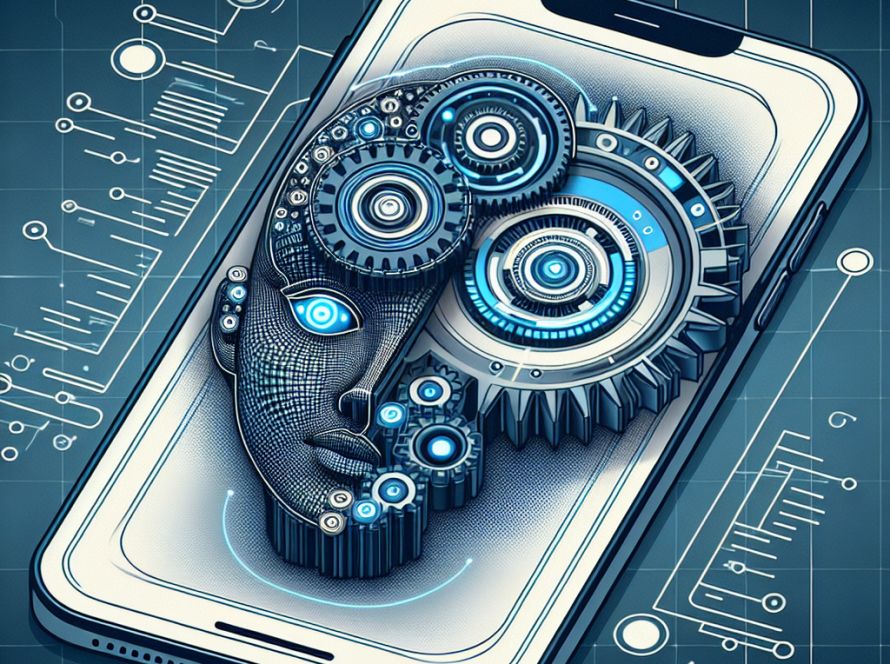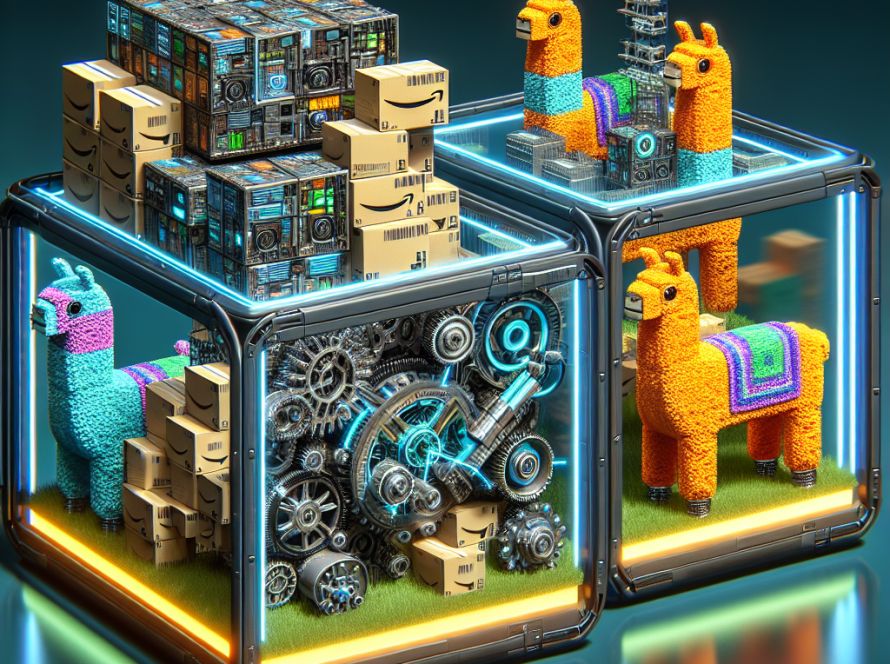Helge Buess, the Associate Director Population Health of the Novartis Foundation, recently shared his insight on the future of Artificial Intelligence (AI) in healthcare, in the lead-up to Intelligent Health, due to be held in Basel, Switzerland, from 13th-14th September 2023. Topics discussed include the potential significant impact of Generative AI and the usage of Large Language Models (LLMs) in the healthcare industry.
LLMs, according to Buess, could revamp several crucial areas of health care. The first of which is the interpretation, curation, and recovery of healthcare data, particularly in relation to electronic medical records (EMRs). EMRs, which are digital versions of the paper charts in clinician offices, can lead to better health care by improving all aspects of patient care, including safety, effectiveness, patient-centeredness, timeliness, efficiency, and equity. By incorporating AI and LLMs into these systems, health professionals can more accurately interpret the vast array of data present in EMRs, leading to more nuanced and effective treatment plans.
In addition, LLMs could streamline and enhance the process of searching scientific and medical literature. As it stands, healthcare professionals and researchers spend a significant amount of time sifting through massive bodies of literature pertinent to their field. Artificial Intelligence could automate this searching and sifting process, enabling faster and easier access to relevant information and potentially accelerating scientific discovery and innovation.
Disease diagnostics and treatment algorithm selection are also areas that can be transformed with AI. The rapidly growing field of AI in medical imaging, for instance, can significantly improve diagnostic accuracy and speed. Algorithms can analyze imaging results much more quickly and accurately than humans, often detecting issues the human eye might miss. Furthermore, these algorithms could even recommend suitable treatment protocols based on the specific disease identified, streamlining the process from diagnosis to treatment, improving patient outcomes, and making healthcare delivery more efficient.
Buess also believes Generative AI applications will increase and have a dramatic impact on healthcare. Generative AI refers to AI models that can generate data similar to the data they were trained on. This generation can include a variety of things, from images and music to text and speech, and could be applied to numerous aspects of healthcare. For example, these AI models can generate synthetic patient data, used in tasks such as training healthcare providers, conducting research, or developing and validating AI algorithms. It provides a secure way for researchers and developers to access and use healthcare data without breaching patients’ privacy.
In summary, there is potential for substantial transformation in healthcare with the increase of Generative AI and LLMs usage. While the impact could be seen in areas like data interpretation, literature searches, disease diagnostics, and treatment algorithm selection, Buess cautions that sound implementation requires careful consideration and planning. Institutions should be ready for change management, have a comprehensive data strategy in place, and foster collaboration at all levels to ensure that the integration of AI into healthcare is not only successful but also beneficial for patients. In doing so, healthcare providers could tap into the incredible potential of AI to enhance patient care and treatment.


